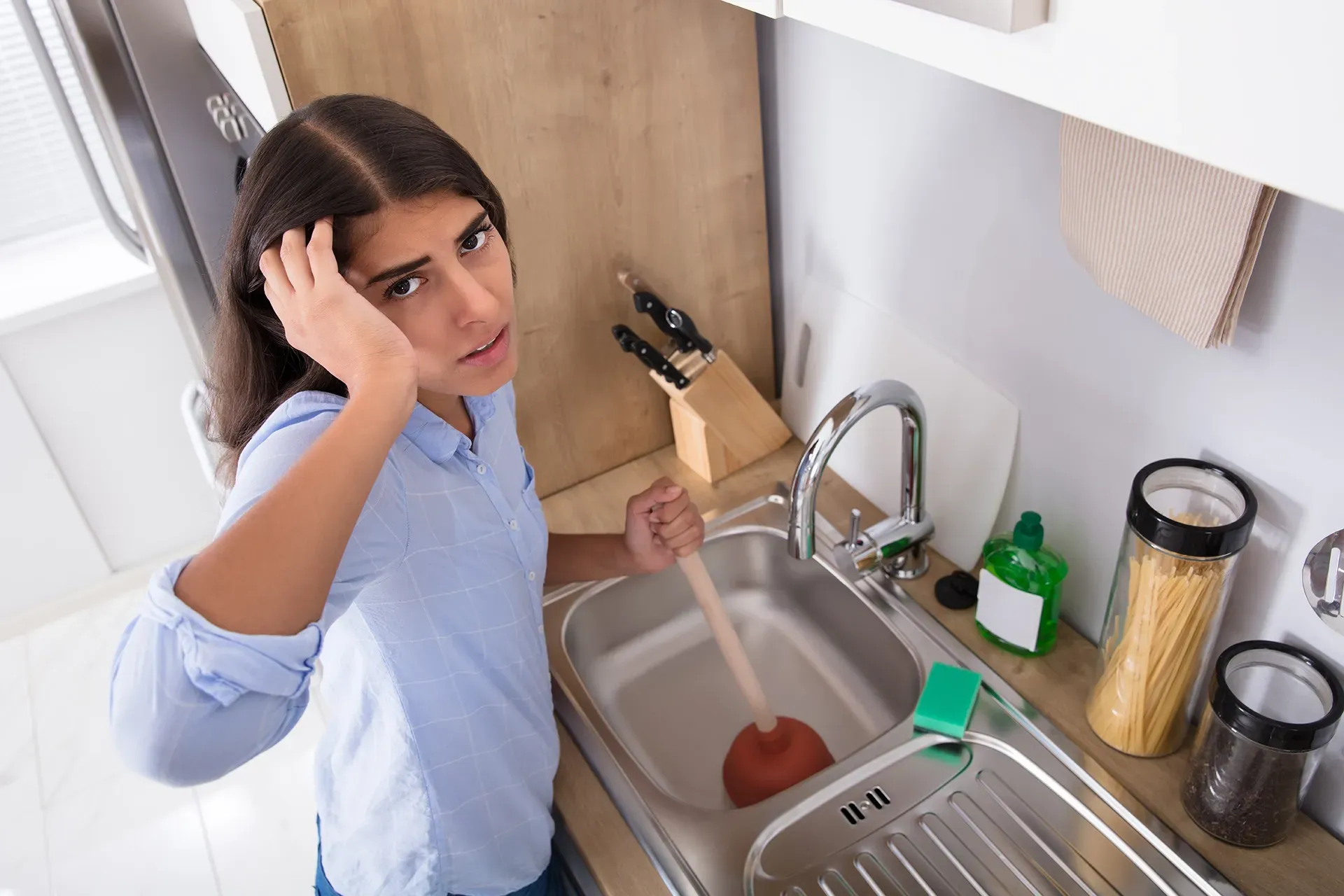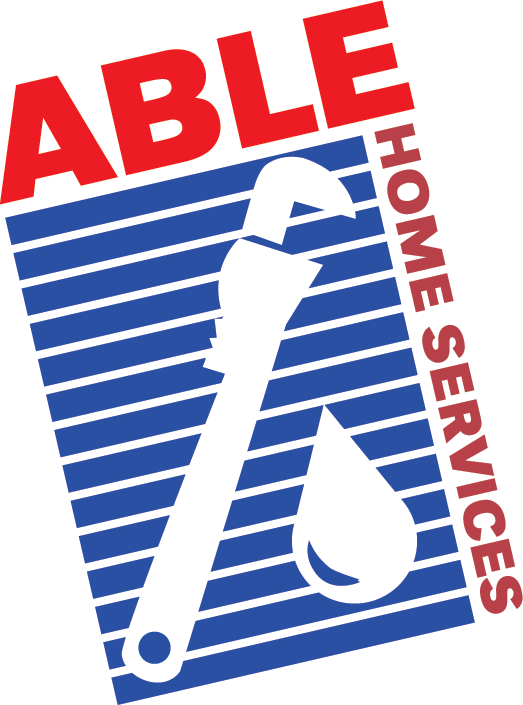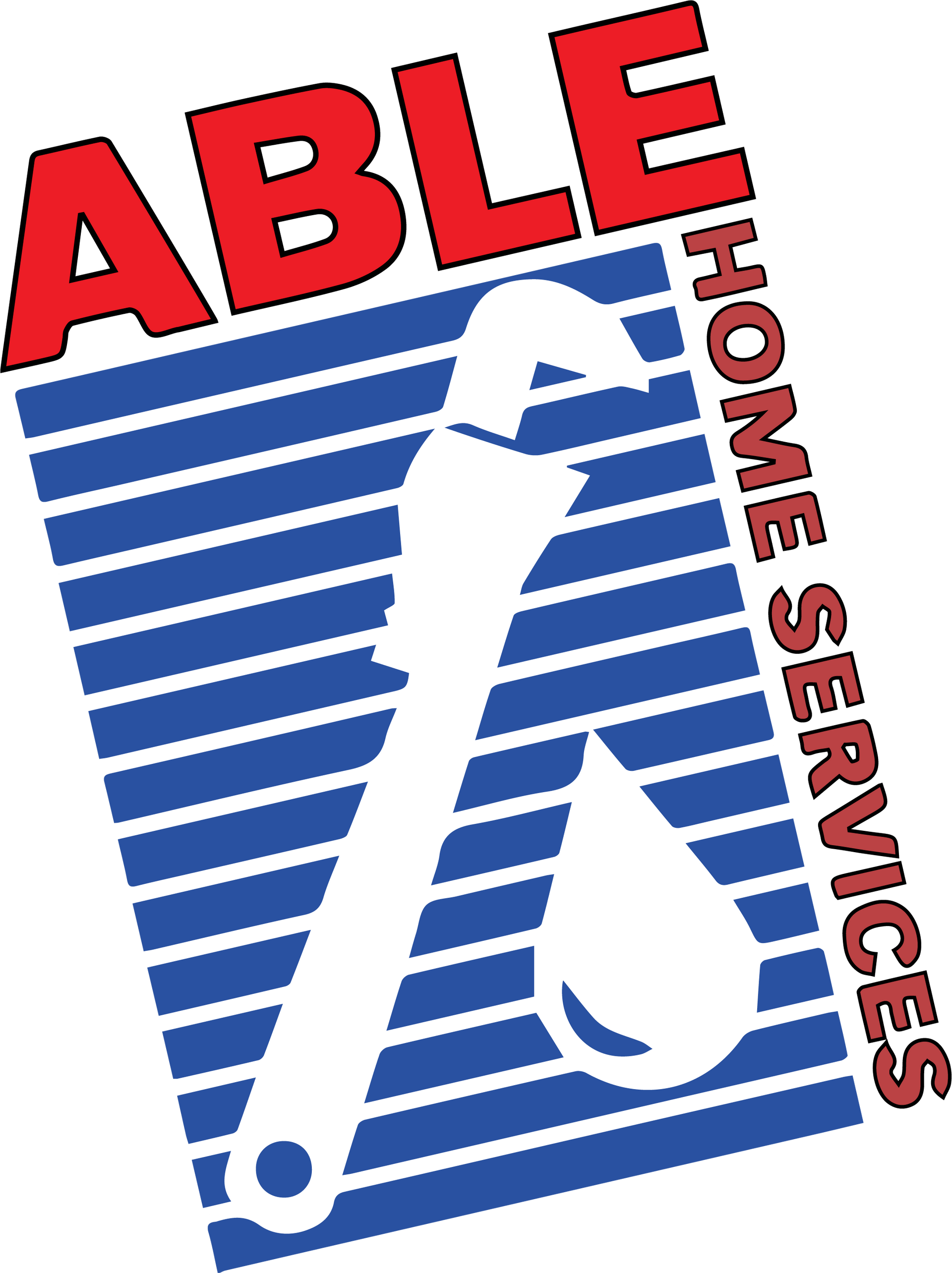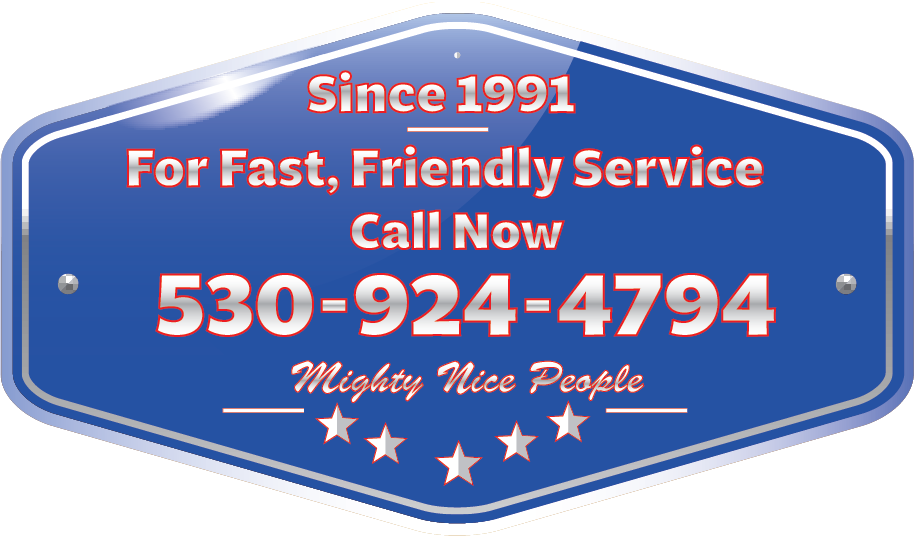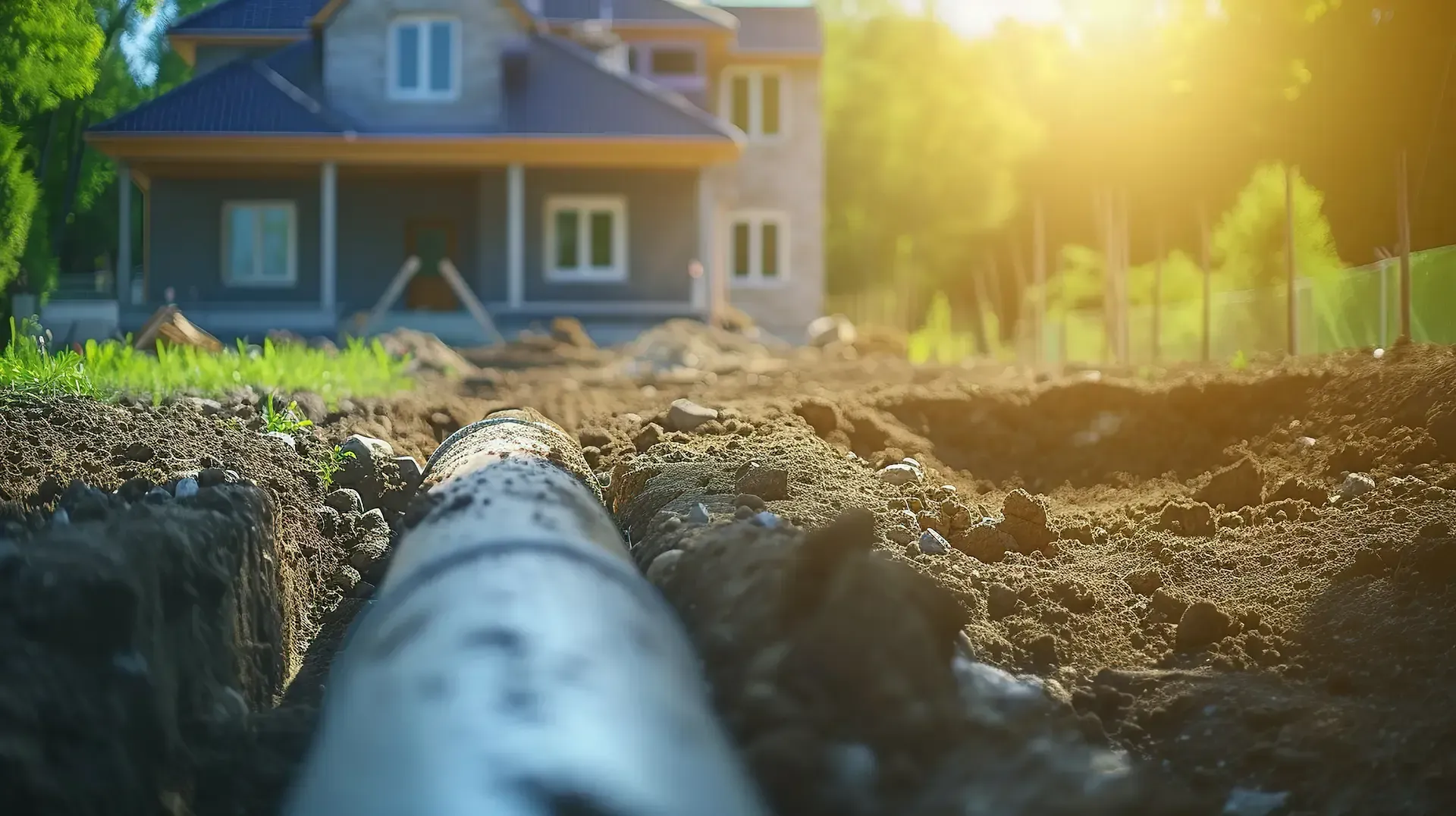Clogged Sewer Lines
You'll Be Glad You Called Us First!
Having a Clogged Sewer Line sure can ruin a day; Able Plumbing will make it all better again!
Your Sewer line might be the most important thing that you own, but you just don't pay attention to it until it stops working. Having all of our waste water disappear down the drain tops the list of inventions that protects our health and enjoyment in our homes.
When drains stop working the problem becomes urgent. Drains backing up into homes can cause tremendous damage and are never pleasant. Unusable toilets, sinks, tubs and showers instantly make us realize how much we rely upon smooth running drains.
ABLE Plumbing's team of drain specialists have been serving the plumbing needs of our community for more than three decades, and we're here for you today.
There is more information about clogged drains below, but if you've got a drain that's backing up, just give us a call now so that we can get your drains to flow fast.
How Do Sewer Lines Get Clogged?
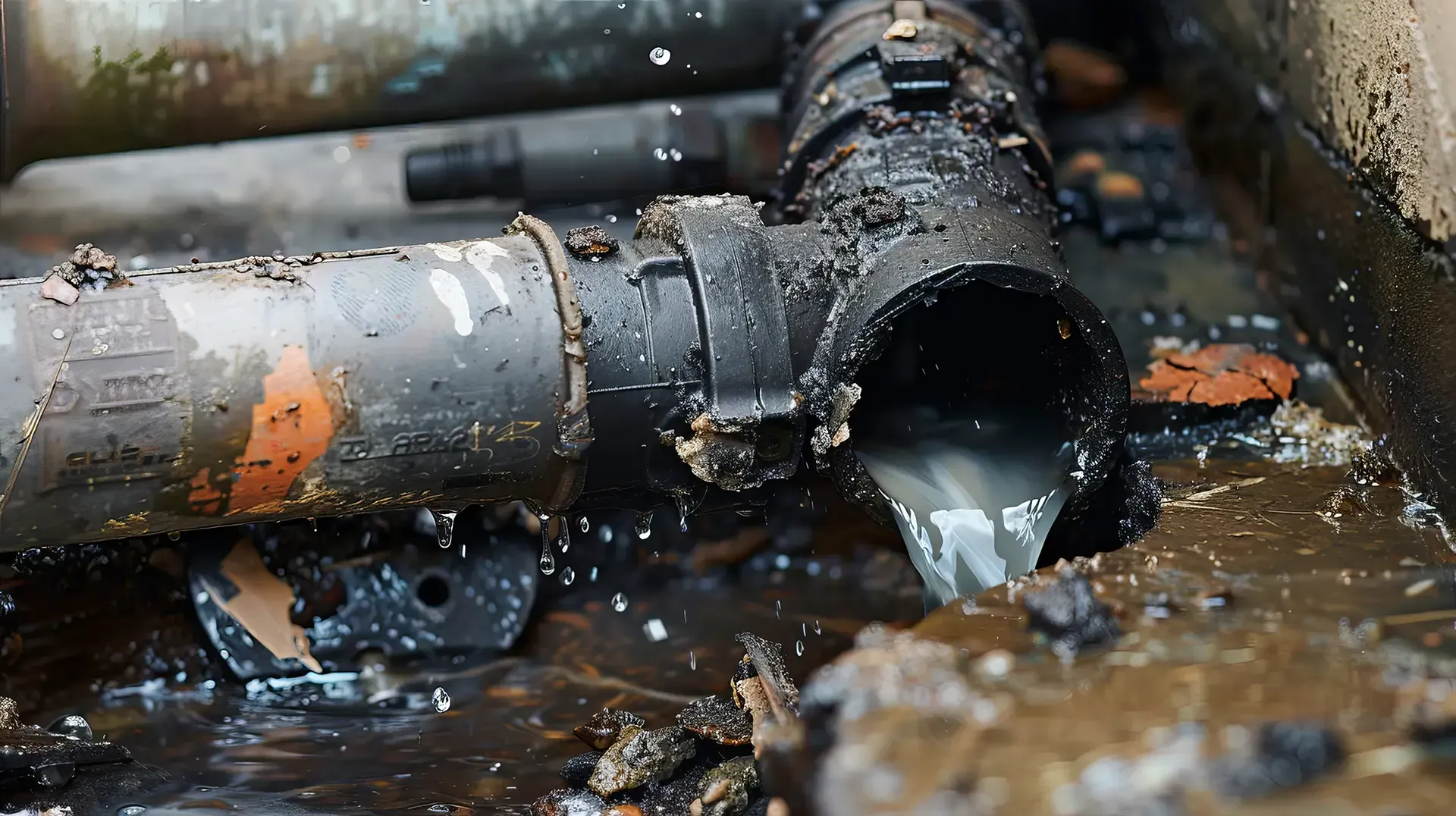
Clogged sewer lines are some of the most common, but most significant, challenges that homeowners suffer from.
Understanding Clogged Sewer Lines
Sewer lines, hidden beneath the ground, carry away all the wastewater generated from various activities in a building, including washing, flushing, and cooking. They connect to larger municipal sewer systems or septic tanks, ensuring that waste is processed, treated, and safely eliminated from the living environment. Several factors can disrupt this flow, leading to clogs that impede or completely block a sewer line.
Common Causes of Clogs
Tree Roots: One of the most formidable adversaries of sewer lines is tree roots. Trees naturally seek water sources, and sewer lines offer a tempting supply. Tiny roots can infiltrate cracks or joints in pipes, eventually growing large enough to obstruct water flow or even cause significant damage.
Grease and Fat Buildup: Often underestimated, the accumulation of fats, oils, and grease from kitchen drains can solidify inside sewer lines, gradually reducing the pipe's diameter and eventually leading to a blockage.
Non-Flushable Items: Items that are not meant to be flushed, such as wipes, diapers, sanitary products, and even excessive toilet paper, can clog sewer lines. Unlike toilet paper, normal amounts of which is designed to disintegrate in water, these other items retain their shape and can create significant blockages.
Aging and Corrosion: Over time, pipes can corrode or deteriorate, leading to collapses or obstructions in the sewer line. Older homes with orangeburg, clay or cast-iron pipes are particularly susceptible to this type of clog.
Soil Settling: Drain pipes flow downhill by gravity, but if the soil under the pipes settles unevenly and section of the pipe can sink. This section might then be lower than the following section of piping resulting in an uphill direction of flow. The resulting "belly" in the piping holds fluid and solids, preventing them from continuing the flow and causing a blockage.
Faulty Installation: Sadly, a poorly installed run of piping might work fine for years until a pipe separation suddenly causes a major problem.
Able Plumbing is here for you to solve every drain problem
Able Plumbing's great team of friendly, honest plumbers and drain experts are ready and able to help solve any and every drain problem that you might be having. We've been keeping drains flowing smoothly for our friends and neighbors throughout our communities since 1991 and we look forward to helping you too.
